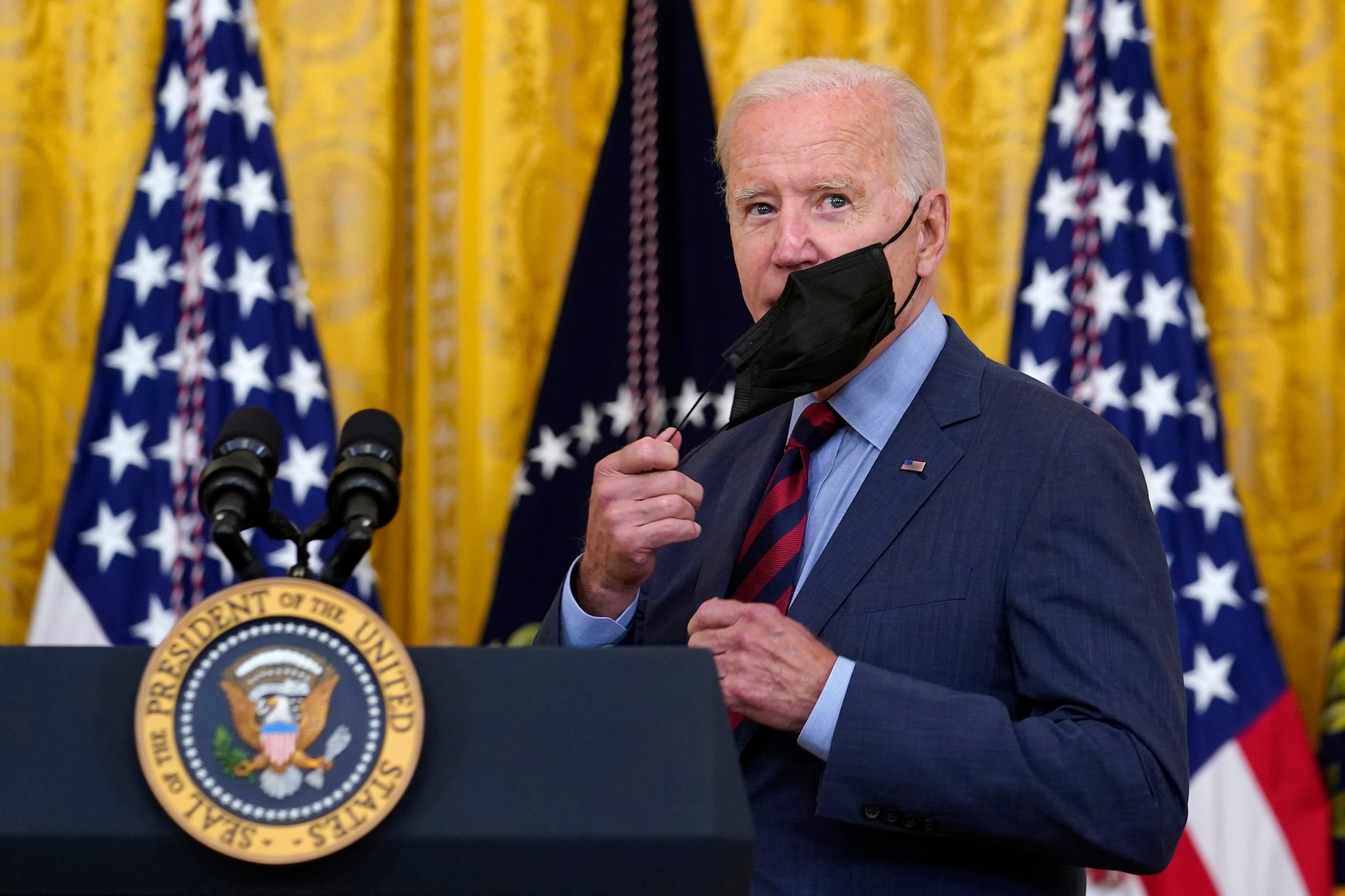Judge orders US to respond to CDC eviction ban challenge by Friday
More than 15 million people in 6.5 million U.S. households are currently behind on rental payments

Your support helps us to tell the story
From reproductive rights to climate change to Big Tech, The Independent is on the ground when the story is developing. Whether it's investigating the financials of Elon Musk's pro-Trump PAC or producing our latest documentary, 'The A Word', which shines a light on the American women fighting for reproductive rights, we know how important it is to parse out the facts from the messaging.
At such a critical moment in US history, we need reporters on the ground. Your donation allows us to keep sending journalists to speak to both sides of the story.
The Independent is trusted by Americans across the entire political spectrum. And unlike many other quality news outlets, we choose not to lock Americans out of our reporting and analysis with paywalls. We believe quality journalism should be available to everyone, paid for by those who can afford it.
Your support makes all the difference.A US judge early Thursday ordered the Biden administration to quickly respond to a legal challenge to a new eviction moratorium put in place by the Centers for Disease Control and Prevention (CDC).
US District Judge Dabney Friedrich ordered the Justice Department to respond by 9am (EDT) Friday. The Alabama Association of Realtors and others said in an emergency filing late Wednesday that the CDC had issued the new order “for nakedly political reasons - to ease the political pressure, shift the blame to the courts for ending the moratorium, and use litigation delays to achieve a policy objective.”
A White House official defended the revised order as a “new, targeted eviction moratorium — focused on counties with High or Substantial (coronavirus) case rates.”
More than 15 million people in 6.5 million U.S. households are currently behind on rental payments, according to a study by the Aspen Institute and the COVID-19 Eviction Defense Project, collectively owing more than $20 billion to landlords.
The groups won a ruling from Friedrich in May declaring that the CDC’s eviction ban unlawful, but an appeals court blocked an effort to enforce the decision.
In June, a divided Supreme Court agreed to let the CDC moratorium remain in effect after the agency announced it would allow the ban to expire on July 31.
Justice Brett Kavanaugh issued a concurring opinion saying in his view extending the CDC moratorium past July 31 would need “clear and specific congressional authorization (via new legislation).”
Under pressure from President Joe Biden and Democrats in Congress, the CDC reversed course on Tuesday and issued a slightly narrower eviction ban, replacing the nationwide moratorium that expired Saturday at midnight after Congress failed to approve an extension.
The new 60-day ban protects millions of renters from eviction and covers counties with substantial or high COVID-19 transmission rates. The ban currently applies to about 82% of U.S. counties and more than 90% of the population.
Reuters
Join our commenting forum
Join thought-provoking conversations, follow other Independent readers and see their replies
Comments